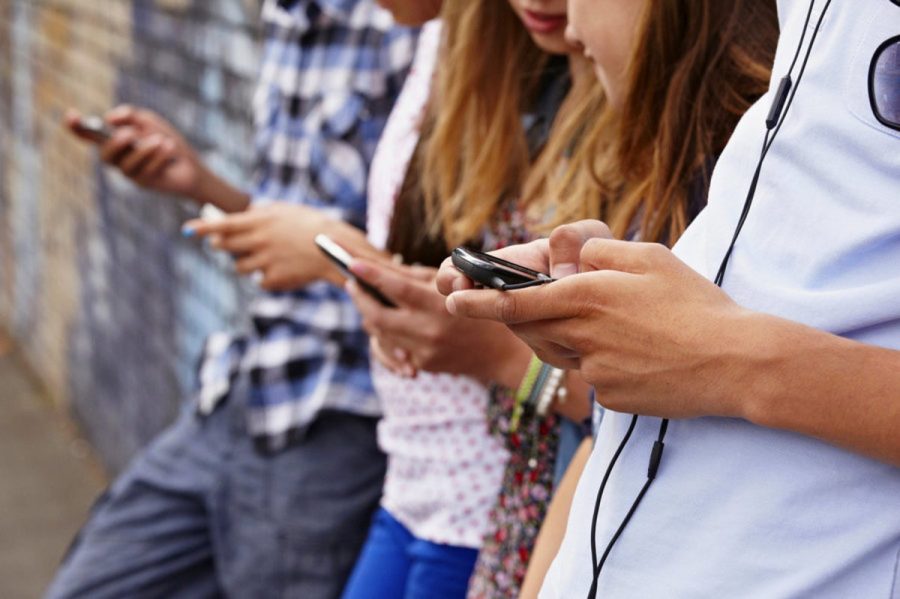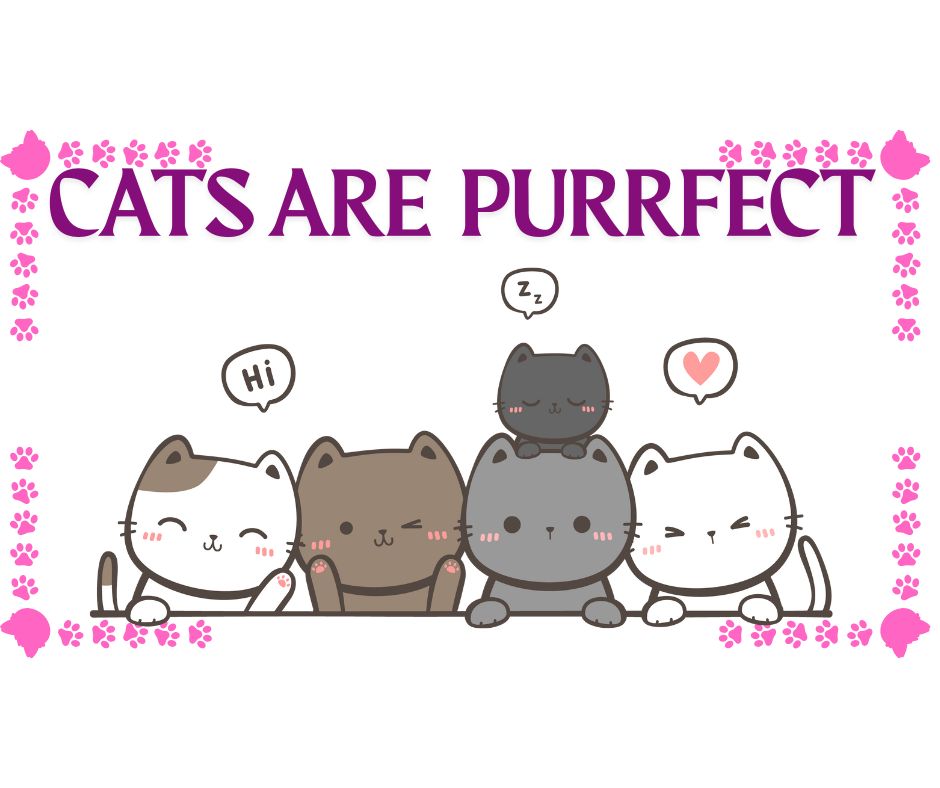How much does texting effect you?
March 3, 2020
Phone usage among teens has skyrocketed in the last few years. Texting has especially become more popular than traditional phone calling, and with that, slang has also become a more frequently used method of communication. Using phrases such as “r u going?”, “how old r u?”, “omw- (on my way)”, “btw- (by the way)” can have a negative effect on speech and communication skills on the people that use them.
It has been noticed that some people even use slang in person in addition to over text messaging, stopping the use of formal grammar and sentence structure, which are crucial to real world communication. Using shortened language negatively impacts your grammar skills and ability to communicate in full, complete sentences. It’s even worse for kids who have phones at an age when they are still developing grammatic communicative skills, as slang is the vocabulary that gets imprinted into their brains from a young age.
Using phones to text rather than call or have face to face interaction with someone also contributes to the fact that society right now is the most globalized it has ever been, but also the loneliest it has ever been.
Sure, you text your “friend” who lives across the country, who you have never met, but how well do you really know them? Enough to call them your friend? Face to face interaction and actually hearing the voice of the person you are communicating with is one of the most important factors to communication. Without a voice, everything you type is merely black and white. Everything you read on your phone screen is void of emotion, and using emojis hardly helps.
Texting doesn’t help you communicate effectively; it only hinders your speech skills and ability to have real, verbal conversations.



